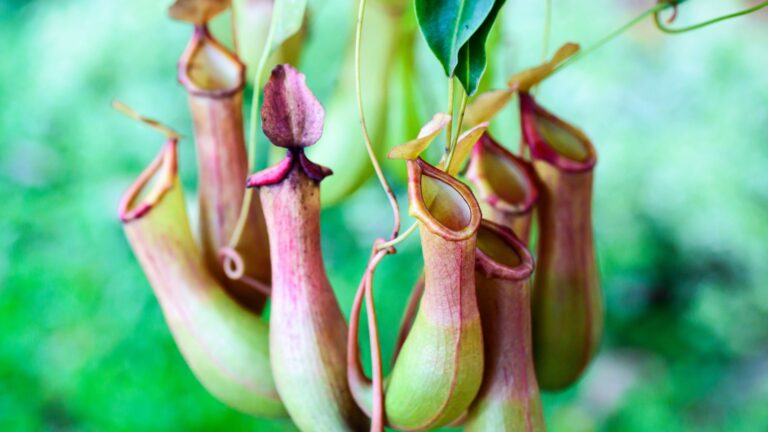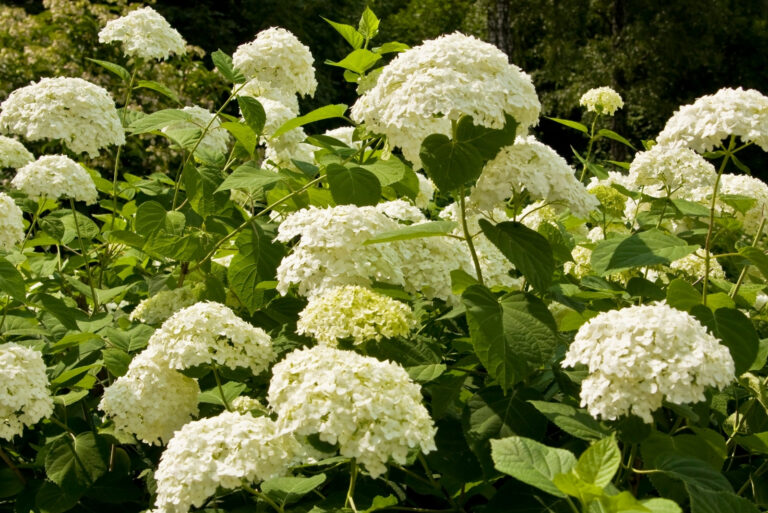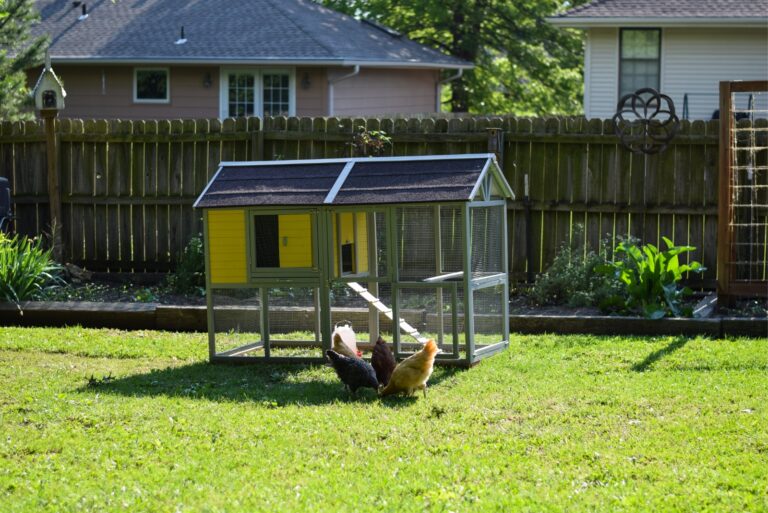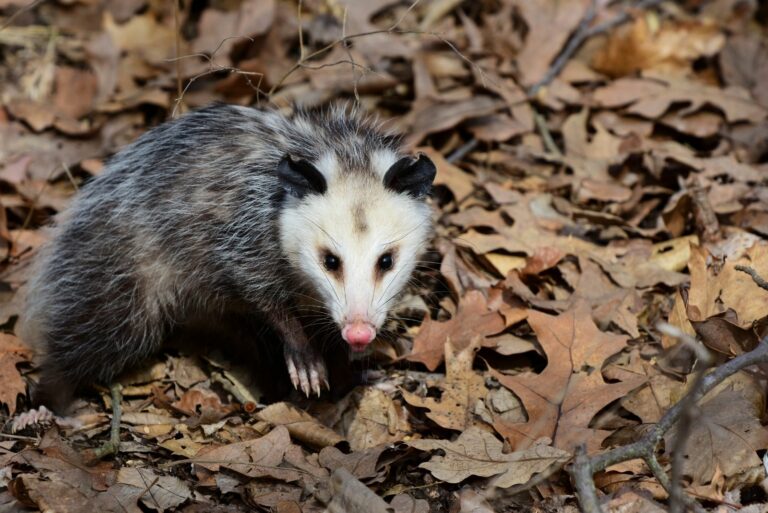How Long Do Orchids Live? Let’s Unveil The Lifespan Of These Exotic Blooms
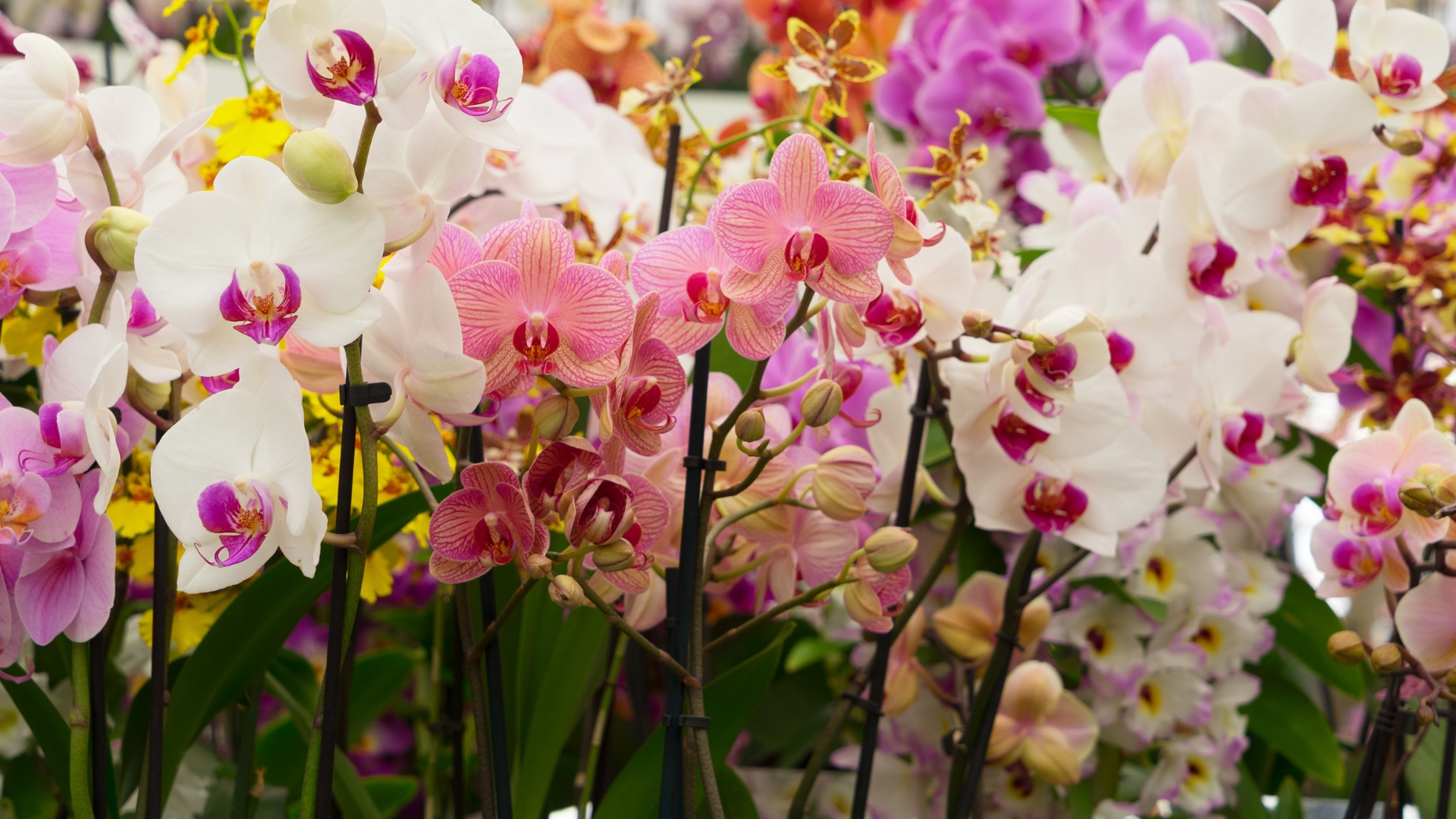
Curious about the lifespan of orchids? If so, then you’ve come to the right place!
Orchids are popular flowering plants known for their delicate-looking blooms and wide variety of colors. These are high-maintenance plants appreciated for their eternal beauty and endurance.
But how can you tell if your plant has reached the end of its life or if it’s simply in bad shape?
Well, that’s why we should learn more about orchids’ lifespan!
Join us as we discuss more about orchid longevity and find out some tips on how to keep your orchids happy and healthy.
How Long Do Orchids Live?
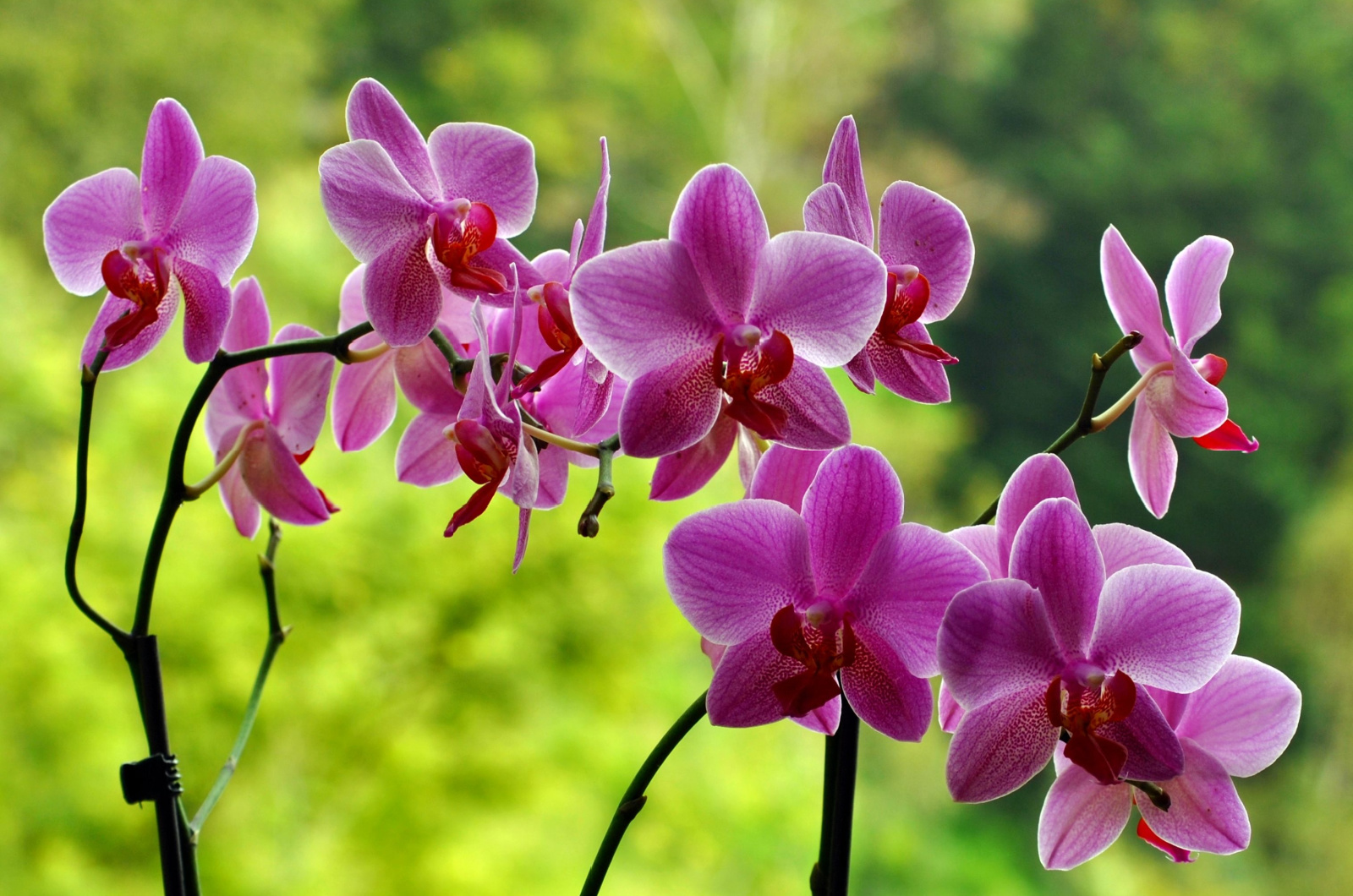
Most orchid varieties live up to 15 years when kept in good shape; some might live even longer!
Once a year, orchids produce exotic flowers that last about six to ten weeks. Please note that orchids need proper growing conditions to grow and produce flowers.
If they don’t receive enough sunlight, water, or nutrients, they might stop producing blooms altogether.
You might find this interesting: A Step-by-Step Guide To Creating An Orchid Terrarium
How To Grow Healthy Orchids
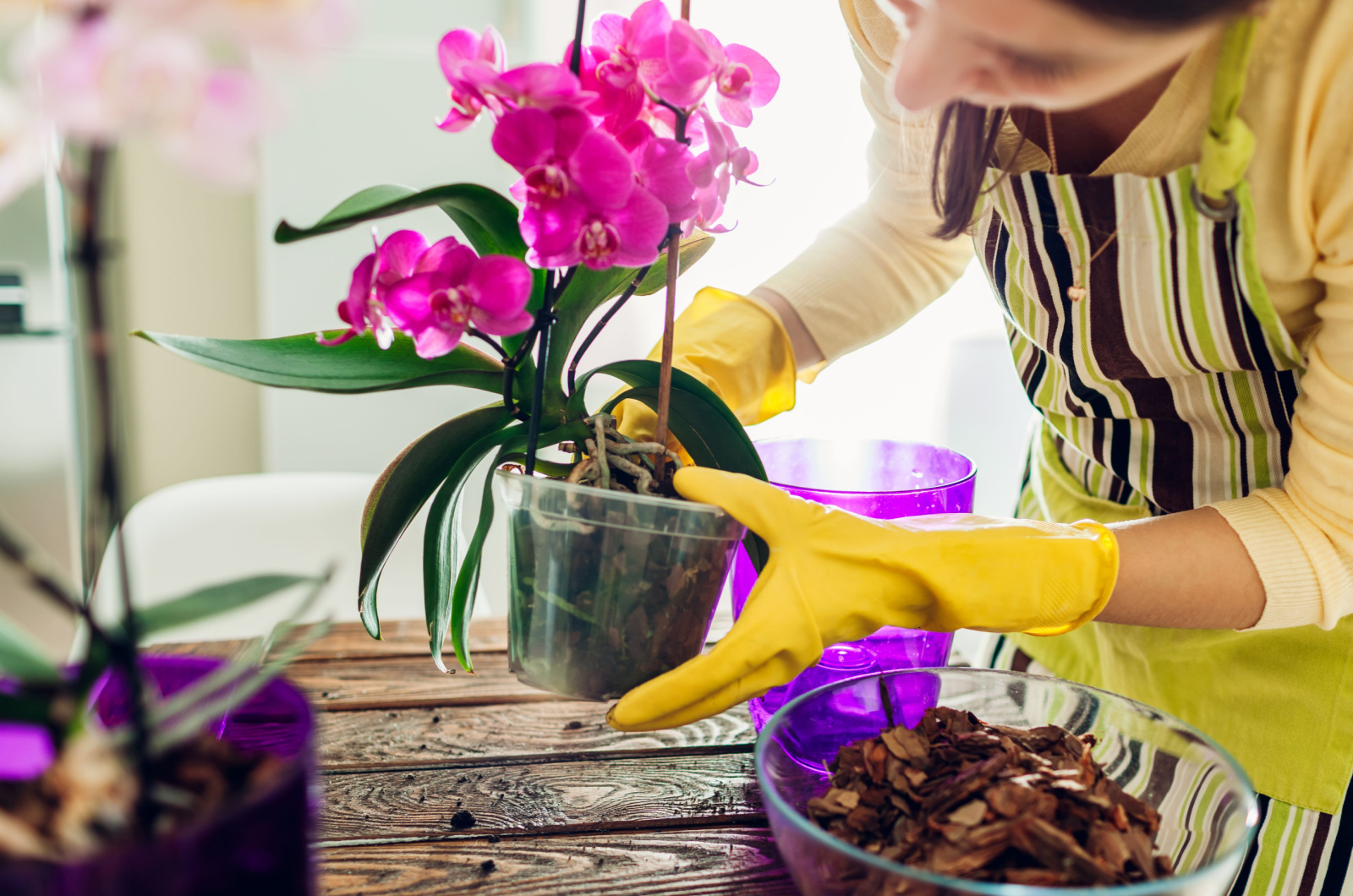
Since taking good care of orchids is super important, we must share some tips on how to grow orchids properly.
Let’s start with the soil requirements first – orchids do well in soil that drains well. Drainage is crucial when it comes to growing orchids, which is why you should grow them in pots specifically designed for these beauties.
The pots should have holes on the sides which allow extra drainage and good air circulation; for instance, terracotta pots would be great for orchids.
Remember they’ll need repotting after a while, so make sure to get the same type of pot, but a little bit larger!
When watering orchids, ensure you let their growing substrate dry in between watering sessions. These plants generally need watering twice a week, but this might vary depending on other growing conditions.
Keep your orchids in temperatures between 50-90 degrees Fahrenheit and humidity levels between 40-70%. Different orchid species might need different growing requirements, so keep that in mind.
Don’t put your precious plants next to ACs, heaters, or even a drafty window – they like consistent temperatures all year-round.
When it comes to orchid light requirements, it’s best to keep them in south-facing or east-facing windows where they can receive enough bright, indirect sunlight.
Also read: How To Water Orchids During Winter
Signs That Your Orchid is Not Healthy
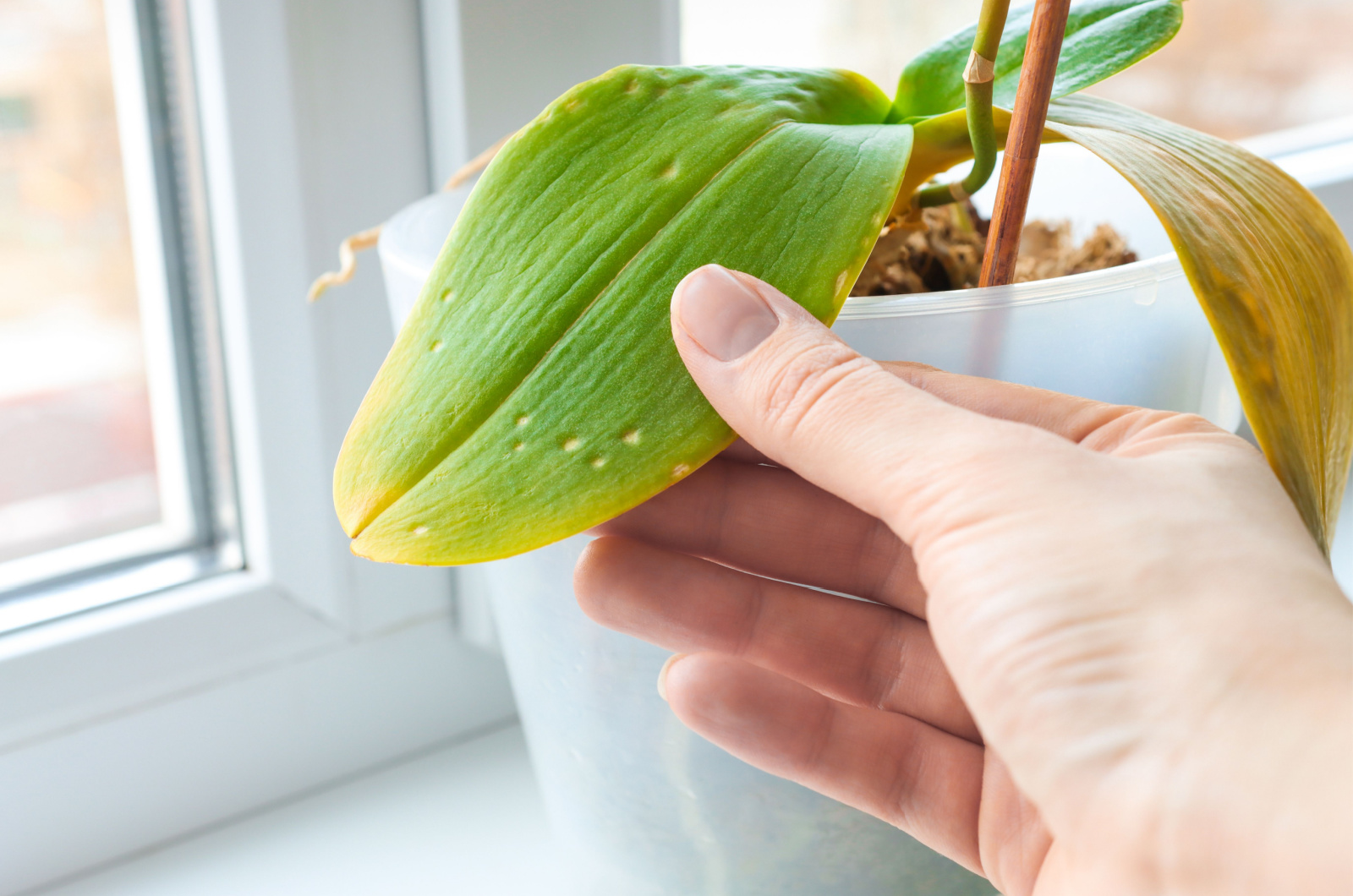
Although we are talking about high-maintenance plants, there aren’t many issues with it. However, your plant will tell you if there’s something wrong, especially if you keep it in a bad growing environment.
Here are a couple of telltale signs that your orchid is having problems:
• Yellow leaves – often caused by overwatering; don’t water your orchids as much or you might end up with root rot.
• Shriveled leaves – these are signs that you are not watering your plant enough.
• Budding before blooming – wrong temperature or humidity levels are to blame, but also inadequate watering might be the issue here.
• Brown leaf edges – this is a sign that your orchid is sunburnt. Move it to a different location with less direct sunlight exposure.
• No flowering – no flowers mean there’s something wrong with your orchids; carefully inspect the environment and fix the issue!
• Black/brown spots on the leaves – often caused by fungal or bacterial infections. Use neem oil or fungicide to get rid of them.
This might be helpful: Here’s The Coconut Hack That Can Save Your Perishing Orchid
How To Care For Orchids After Blooming
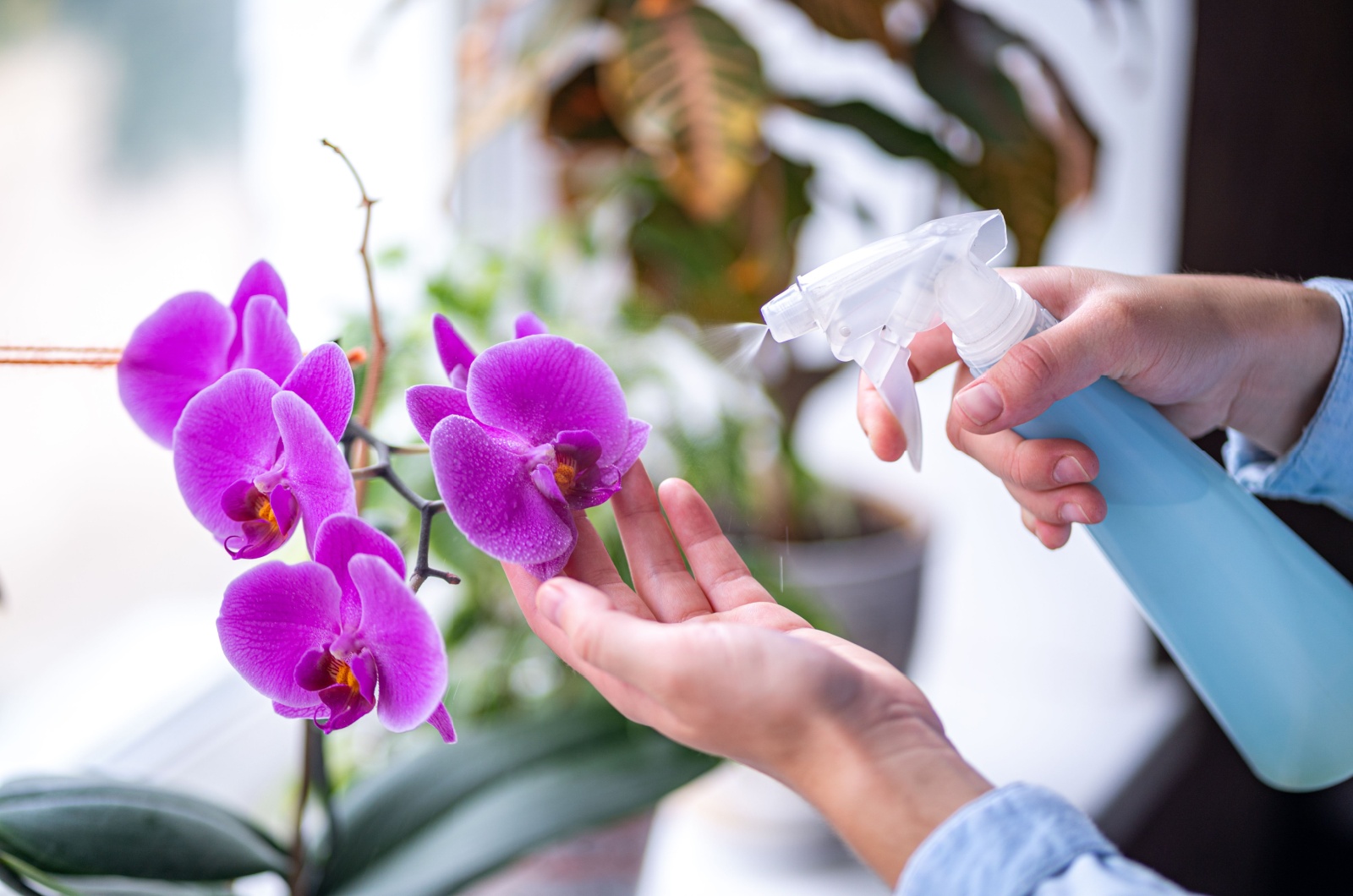
Most orchid species bloom for a few months in a year. Once they’re done blooming, the flowers will drop and you’re left with old flower spikes.
What you have to do is clear the spikes so that your orchid can bloom again the next year.
Please use sharp and sterile pruning shears when cutting old orchid flower spikes – this way, you won’t spread pests or diseases that might harm your orchids.
Also read: 10 Common Reasons And Solutions For An Orchid Not Flowering

